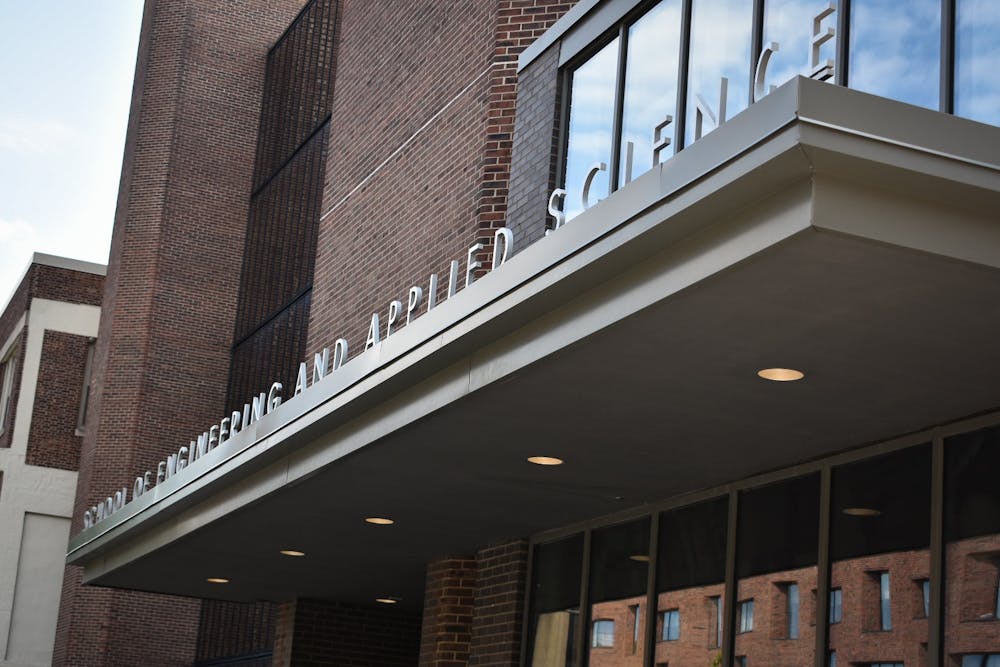
The School of Engineering and Applied Science and the Children’s Hospital of Philadelphia have received a $6 million grant from the United States Department of Defense.
The Multidisciplinary University Research Initiative grant will fund a proposal submitted by Penn, titled Robust Concept Learning and Lifelong Adaptation Against Adversarial Attacks. The project focuses on the design and analysis of machine learning to make artificial intelligence systems less vulnerable to malicious actors.
The team is led by Insup Lee, the Cecilia Filter Moore Professor in the Engineering School's Department of Computer and Information Science. Lee is also the director of the PRECISE Center, which researches safety and security for cyber-physical systems. The team includes other professors in SEAS and assistant professor of psychiatry at CHOP Julia Parish-Morris.
The team from SEAS and CHOP aims to secure artificial intelligence systems, Penn Engineering Today reported. By instilling AI with robust adaptive capabilities, these cyber-physical systems will be suited to work with more ambiguous categories of information and apply previous knowledge to new domains.
While artificial intelligence systems may have perfect memory and can act faster than humans, their knowledge is extremely limited to the narrow domain they have been trained on. This limits their ability to make correct decisions in real-world settings.
“Robust, concept-learning techniques will assure that trained models operate effectively in the presence of malicious attacks, offering a substantial improvement over the vulnerability of today’s systems that can be easily compromised by even small anomalies,” Lee told Penn Engineering Today.
In 2008, SEAS received two grants from the Army Research Laboratory and the Office of Naval Research totaling nearly $30 million. Both grants were intended for Penn researchers to develop robotics technology.
The Daily Pennsylvanian is an independent, student-run newspaper. Please consider making a donation to support the coverage that shapes the University. Your generosity ensures a future of strong journalism at Penn.
Donate






